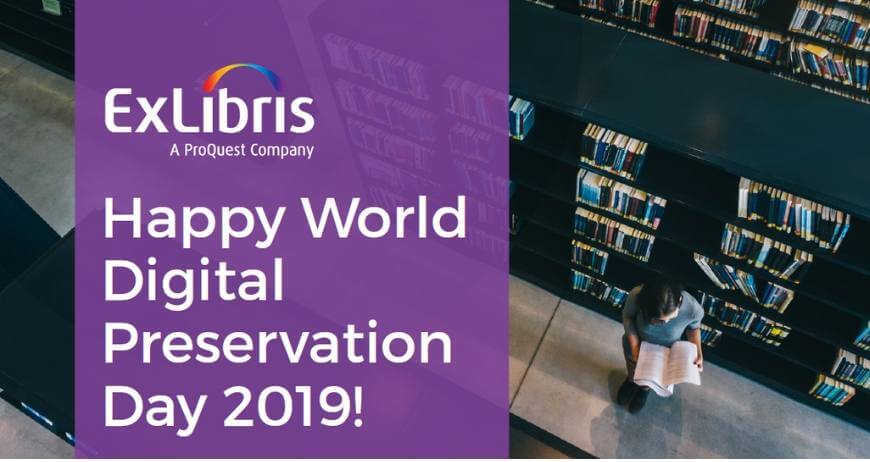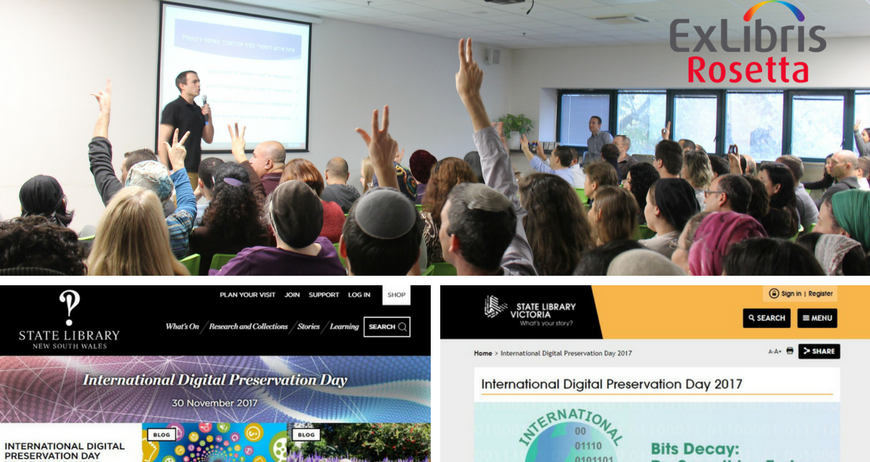Robert Bley, Ex Libris UK
I attended IDCC this year for the first time in many years, and was pleasantly surprised by the range of issues discussed. From “big” visionary research findings, to practical day-to-day applications, it was all there.
The conference began with an interesting paper which pointed out that meaning can be obtained as much from data that isn’t there as from data that is there. More specifically, patterns of absence of data can tell us a great deal about what we know, what we don’t know, and about where we need to focus further research.
The poster presentations at IDCC gave more detailed information about practical approaches to the capture, management, and preservation of research data. A great example was a presentation from the University of Sheffield, which showed the work that the University is doing to capture and preserve research data, the integration of Rosetta with FigShare, as well as the challenges of managing the varieties of unrecognized data involved. Academics are constantly creating new formats, some of them very short-lived, and that will always present a challenge for the rest of us!
Nevertheless, it is interesting to see more and more sites coming to grips with research data. For example, presentations from Johns Hopkins and from the University of Cologne showed that the community is at last grappling with many of the issues of curation, description and archiving.
Ex Libris has been working on these issues too: check out our new white paper on Current Issues in Digital Asset Management and Preservation!







